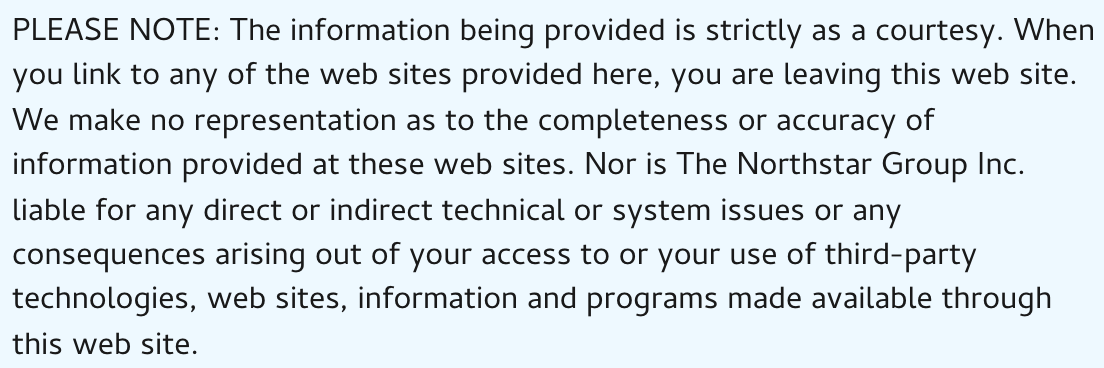Video Transcripts
Team Introduction and Answering the Question “Are Stocks Risky?”
Filmed on October 7th, 2021
Henry: So welcome to our first on camera Northstar discussion, which we hope replicates what we do almost every day.
(Introduces each of the Northstar team members)
Most mornings we have a Zoom to start the day, we discuss operations, we discuss investment themes, we discuss investment allocation, and we thought we’d start with some current topics that might be of some value. Given where markets are, where the economy is, what’s happened in the pandemic-affected world…Are stocks risky, are they too risky. Jeff it was your topic, so you go first.
Jeff: Sure. What I think is really important to think about when discussing “Are stocks risky” is determining really two main factors. Somebody’s time horizon, and in general diversification. When you talk about time horizon, “are stocks risky”, if a client came to us and said, “I need this money in six months”, well in that situation I’d say stocks ARE risky, because in the short-term they bounce around. Additionally, if somebody said “well, are stocks risky, I own one stock” that may be a problem too.
Henry: I think the other part of that is the enormous confusion when people are talking about volatility and conflating that with risk. Something may bounce up and down with price, but if you own it for a long market cycle, those little moves look very small in comparison to the actual gain in the value of the business.
Linda: But there is a real risk that people don’t think about, and that’s the risk of getting through your life and running out of money, and that’s the risk that you run if you don’t own stocks. So, that’s the flipside of “are stocks risky.”
Josh: I also think that if you flip the question on its head, because it’s always kind of asked no matter what time period we are in, when stocks have declined a significant amount, people ask is it too risky. When they go up a significant amount, people ask is it too risky. When you flip it on its head and ask, when would you consider them not risky, you start to break down the fallacy you have in your mind about what you’re trying to get at, and as Linda pointed out, and Jeff too with time horizon, if you’re matching up when you need the money, whether that’s today or 30 years from now, that will give you a better determinant of how to be allocated than just simply taking an opinion if things are risky or not.
Henry: We started investing together, Linda and I, back in 1986, and at that time I was looking at the relationship that markets had to our business and thinking “boy, it’s really difficult right now, the Dow is SO high”…it was approaching 2,000. Now it’s over 34,000. And we had real reluctancy to commit to some of those businesses. Now some of our greatest holdings today, just didn’t exist then. You couldn’t invest in Amazon or Google, and this entire universe of companies that are compounding at enormous rates on invested capital, simply didn’t exist, nor did their business models exist. I think we have to always keep our time perspective and think about what the underlying businesses are doing. So, the greatest risk for clients and stocks is not owning them.
Bobby: To your point about underlying businesses, Dad, when your first grandchild was born, when I was walking through the hospital, and taking note of everything, somewhat sub-consciously, you notice the businesses in action. Let’s take Stryker for example. It’s a name on paper, it’s a ticker symbol, but they make real things that are saving lives every day, used by doctors for everything.
Henry: I want to interrupt for our disclaimer, that any businesses that we cite are businesses we are interested in as enterprises. Nothing in this discussion is meant to be a contemporary recommendation to buy, sell or anything. We just need to have real names to illustrate our points.
Linda: The point that you are making, which is a really important point is that you are not investing in pieces of paper. You are investing in actual businesses. And investors need to connect what they see on a statement with an actual business in the real world. And I think that helps in market downturns to get over some of the emotional aspects of watching those prices drop. It is a business, it will continue.


